Protecting the Rights of Persons with Disabilities in Climate Change Policies
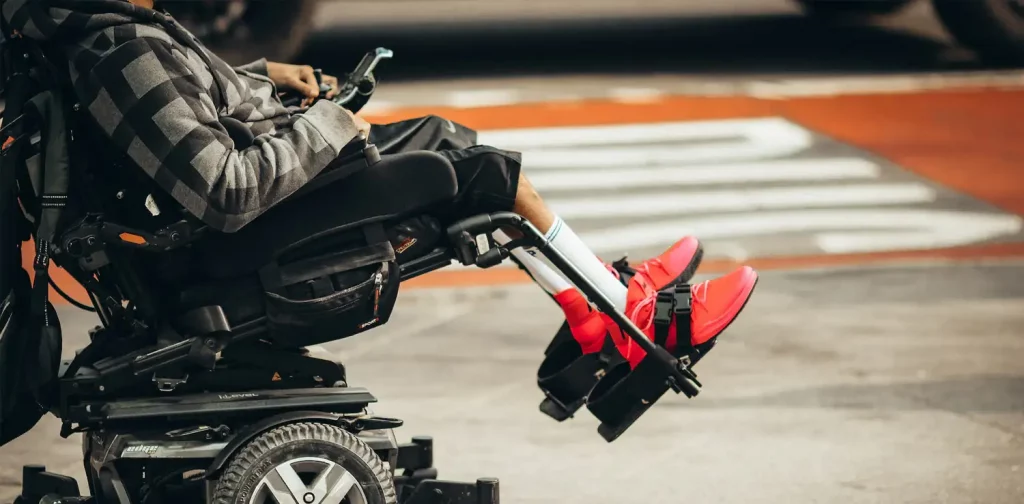
Photo by Jon Tyson on Unsplash.
“No One Left Behind” is the core principle of sustainable development. Climate change impacts aren’t equal across layers of society. Yet, those who need the most attention are the ones often forgotten. A vulnerable group often left out of climate change conversations is persons with disabilities. Recently, a report revealed that most national climate change policies and commitments pay no attention to persons with disabilities.
Status Report on Disability Inclusion in National Climate Commitments and Policies
This Status Report was released by the Disability Inclusive Climate Action Research Program (DICARP) at McGill University and the International Disability Alliance. It “provides a systematic analysis of the inclusion of persons with disabilities and their rights in the climate commitments and policies”. The report focuses on countries under the Paris Agreement, especially those that have signed the UN Convention on the Rights of Persons with Disabilities (UNCRPD).
Persons with disabilities suffer the effects of climate change more dangerously—it might be life and death. They also risk being even more excluded from society in the face of massive transformations to be more sustainable if the planning doesn’t even consider their existence.
Thus, the Status Report elaborates on the state obligations to consider, inform, and involve persons with disabilities in their climate policies and sustainable development roadmaps. Governments must also develop, implement, and support their needs to prevent and minimize the adverse impacts of climate change.
Left Behind
“We definitely need more research and dialogue to bring people’s disabilities and their rights to the forefront of the discussions around climate change,” said Sébastien Jodoin, director of DICARP and Canada Research Chair in Human Rights and the Environment, in a What on Earth podcast episode.
He added, “The reality is that ableism is still very pervasive in society.”
This claim is proven in the report. Currently, only 35 of 192 states under the Paris Agreement mention persons with disabilities in their Nationally Determined Contributions (NDC). Furthermore, in their climate adaptation policies, only 45 countries refer to persons with disabilities, people with health conditions, or chronic illnesses.
More Inclusive Future
The report recommends eight points of action state governments should take to protect the rights of persons with disabilities. One is to “ensure the meaningful, informed, and effective participation of persons with disabilities in climate policy-making and decision-making processes”. Another point to highlight is for national governments to “adopt and implement disability-inclusive climate change mitigation policies that enable persons with disabilities to contribute to, and benefit from, efforts to decarbonize societies”.
Everyone has a role to play in our collaboration to achieve a more sustainable future, including persons with disabilities. Inclusion starts with planning. Finally, according to Jodoin, DICARP plans to present the latest research at the COP27, UN Climate Change Conference, in Egypt this November.

Co-create positive impact for people and the planet.
Amidst today’s increasingly complex global challenges, equipping yourself, team, and communities with interdisciplinary and cross-sectoral insights on sustainability-related issues and sustainable development is no longer optional — it is a strategic necessity to stay ahead and stay relevant.

Nazalea Kusuma
Naz is the Manager of International Digital Publications at Green Network Asia. She is an experienced and passionate writer, editor, proofreader, translator, and creative designer with over a decade of portfolio. Her history of living in multiple areas across Southeast Asia and studying Urban and Regional Planning exposed her to diverse peoples and cultures, enriching her perspectives and sharpening her intersectionality mindset in her storytelling and advocacy on sustainability-related issues and sustainable development.


 The Hidden Threat of Tire Pollution to Salmon Populations
The Hidden Threat of Tire Pollution to Salmon Populations 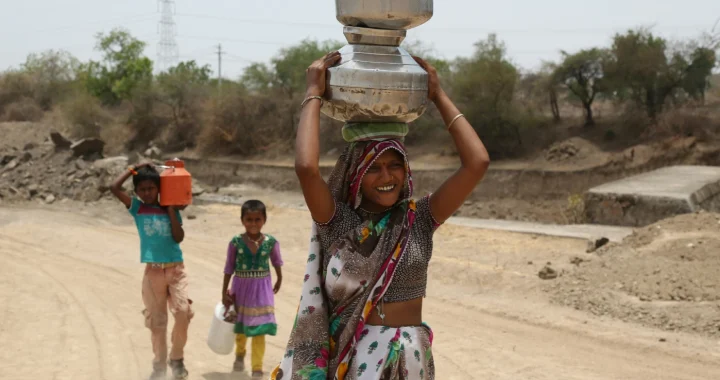 Understanding the Climate-Care Nexus
Understanding the Climate-Care Nexus 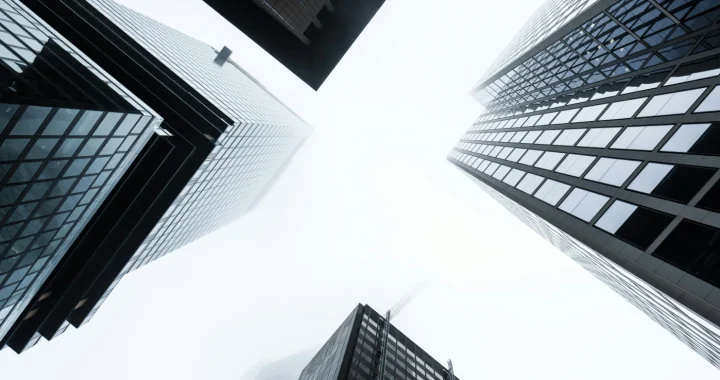 Role of Banks in Supporting Decent Work for All
Role of Banks in Supporting Decent Work for All 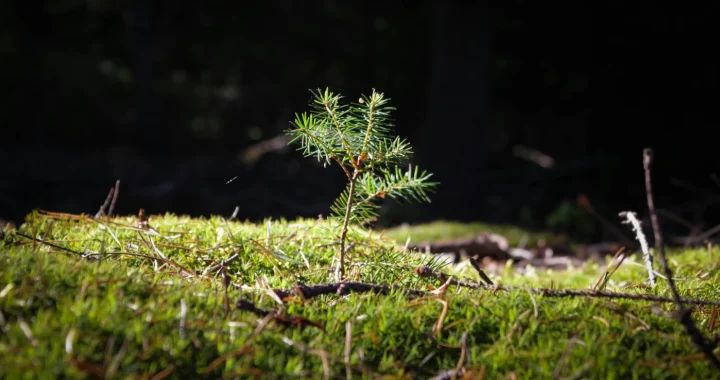 Natural Regeneration for a More Cost-Effective Forest Restoration
Natural Regeneration for a More Cost-Effective Forest Restoration 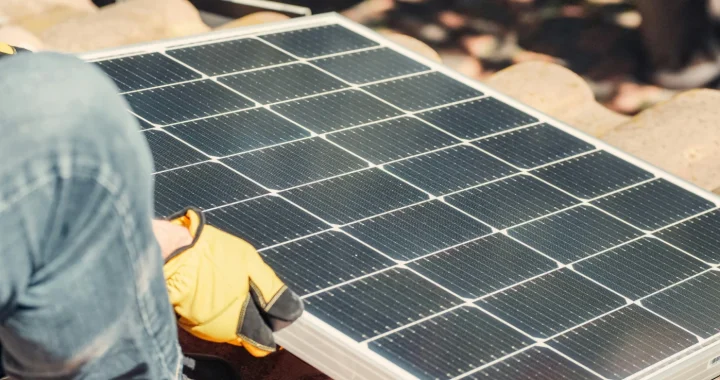 UK’s Local Power Plan to Support Community Energy Development
UK’s Local Power Plan to Support Community Energy Development 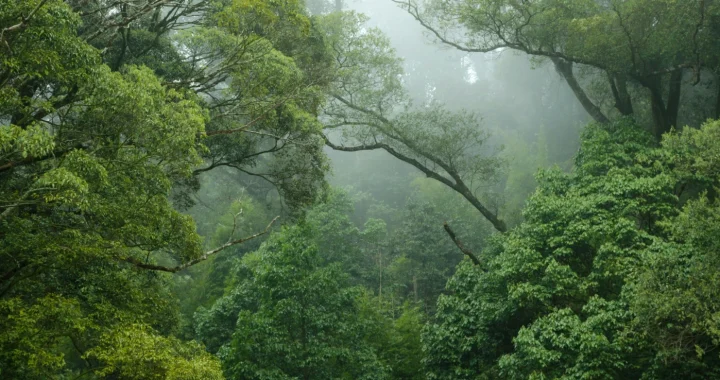 Global Shifts in Forest Dynamics and Their Impact on Biodiversity and Resilience
Global Shifts in Forest Dynamics and Their Impact on Biodiversity and Resilience